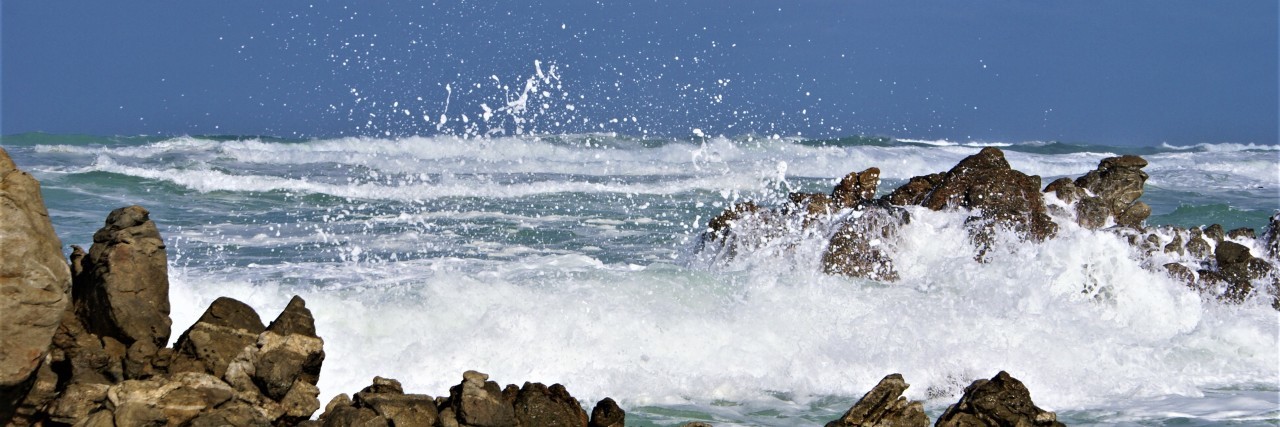Once upon a time, long before the existence of our own civilization and society, the culture of ancient Greece flourished in the eastern Mediterranean.
It was a land of many states and nations, some at war with one another. It was a land that has left us with the rich mythology and history of Achilles, Perseus, Odysseus, Arachne and Heracles, just to name a few.
Here, and in particular in Athens, we find the earliest foundations of our current political and philosophical culture. In temples built of marble, supported by massive columns and graced by statues of the Gods, the most important and decisive cultural and political practice of that time took place: debate. Debate as dialogue was the most important means by which legal and political trials, philosophical ideas and scientific theories were presented and discussed. Therefore, whoever wished to be part of that revered community, not only needed to be in possession of a thorough knowledge of the subject in case, but was also required to be a strong and powerful orator.
One such orator was the Greek statesman Demosthenes (384 – 322 BC).
Now, Demosthenes was orphaned at the early age of 7, and although sufficiently provided for by his father’s estate, as a youngster he discovered over time that his legal guardians were committing fraud with his inheritance.
In order to be able to take his guardians to court, and because he could not engage in gymnastic education due to his delicate physique, Demosthenes started to learn the art, for such it was, of rhetoric and debate. Unfortunately though, he was greatly hindered by an innate speech impediment, of which Plutarch said: “He had a perplexed and indistinct utterance and a shortness of breath, which, by breaking and disjointing his sentences much obscured the sense and meaning of what he spoke. He had an inarticulate and stammering pronunciation.”
And so the one thing that Demosthenes wanted to achieve most was made impossible by his disability. In order to remedy this, he undertook a disciplined program to overcome this weakness and improve his delivery. As part of this discipline, he trained by talking with pebbles in his mouth and then he practiced his speech while shouting above the roar of the ocean waves. In so doing he developed exceptional strength of diction and power of projection.
I find in this account a poetic metaphor for all of us who carry our own “pebbles.” For some it is a physical disability, either innate or the result of trauma. For others it may be a mental and/or emotional condition. Others still, experience chronic pain, multiple sensitivities, a weakness of certain organs, fatigue and exhaustion or any other affliction. And with this disability it appears as if the very thing we wish for the most is made impossible.
But I would invite you to entertain the thought with me that, like with Demosthenes, in some inexplicable way, we ourselves have placed that pebble in our mouth as a means to develop our hidden and dormant unique strength and power.
And like him, we find ourselves on occasion shouting against waves of misunderstandings, judgments, legal red tape, condemnation, medical procedures gone wrong and public stigmatization. But also against the waves of our own feelings of guilt, failure and hopelessness.
How can that which seems to only restrict us, be the very expression of who we are?
An artist needs a medium to express himself creatively. By means of paint and canvas, wood, marble, a musical instrument, words, voice or body, a painting is created, a sculpture emerges, a song or a dance is performed.
But from the moment the artist uses a medium to express himself, that very same medium limits him. There are things paint, wood, marble and the body simply cannot do. Any medium restricts the artist’s creative expression, but without it, expression would be impossible altogether.
The power of limits lies in finding the possibilities within a given context. This is in itself a matter of inner transformation, since it requires a much more conscious and inventive way of working than before.
The alchemists of old engaged a particular chemical process, called Seperatio: separation. This was an operation they considered essential to the process of turning ordinary metals into gold. Crises such as chronic illness and disability become existential crises when they separate us from everything we held dear: independence, function, vocational fulfillment, intimacy and future expectations.
And then there is the image of a man shouting against the waves with a pebble in his mouth, creating his own gold out of speech.
“Small opportunities are often the beginning of great enterprises.” – Demosthenes

